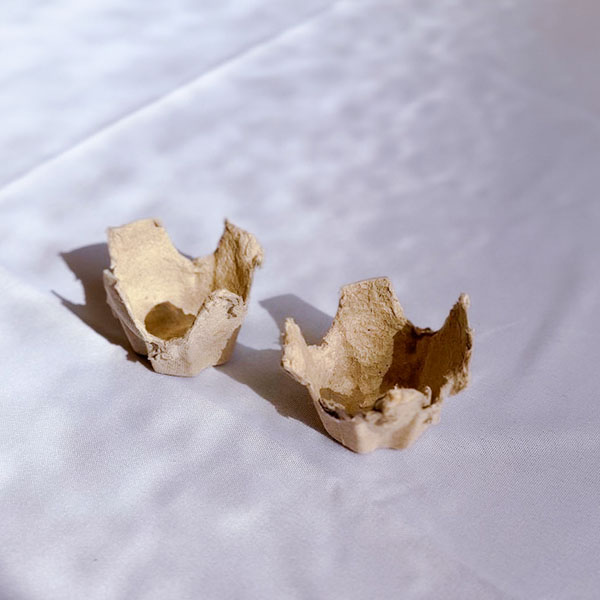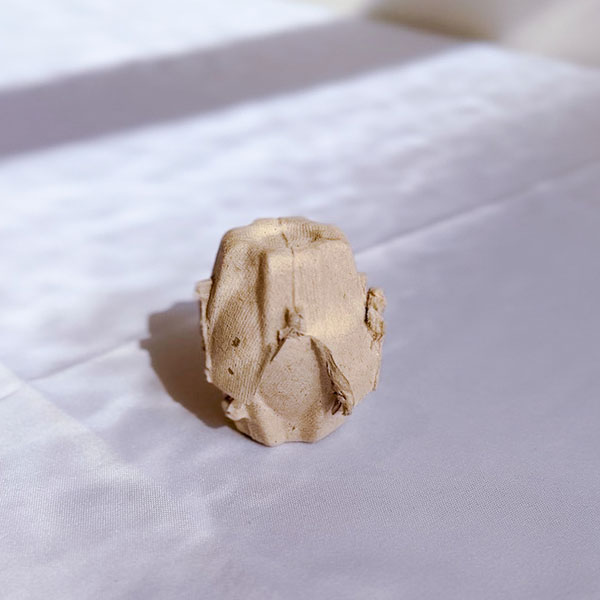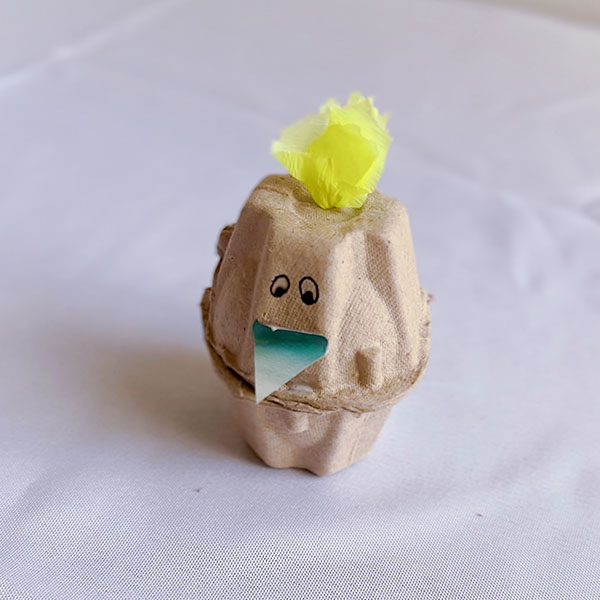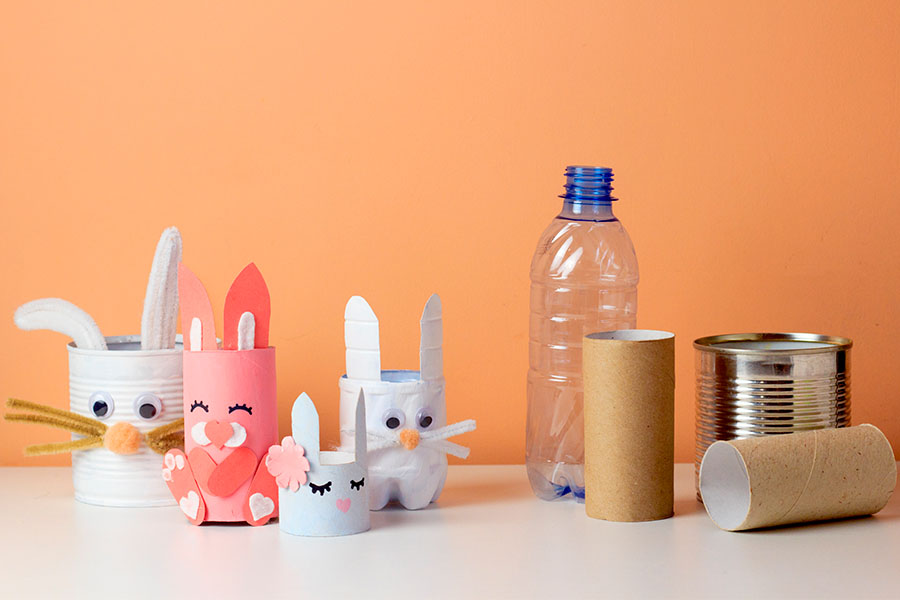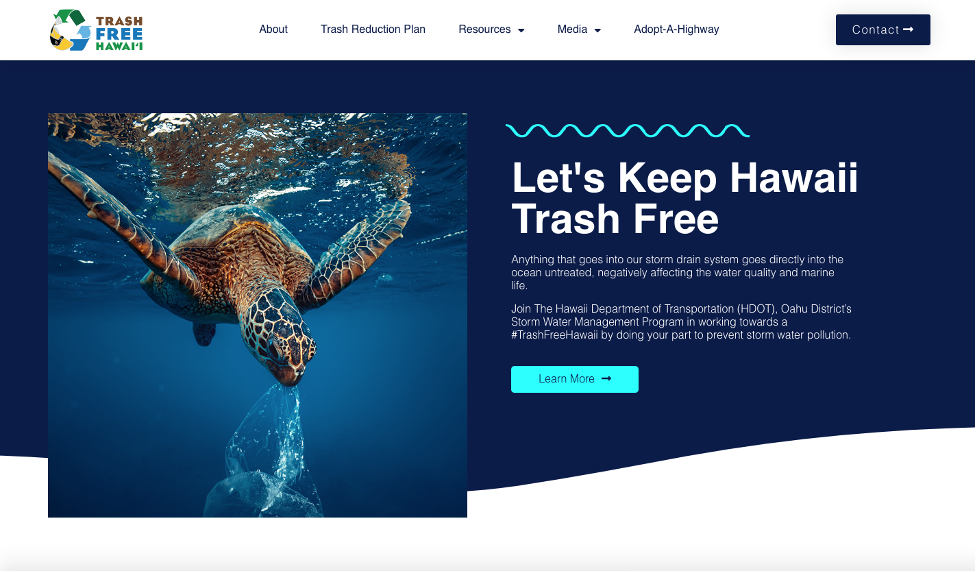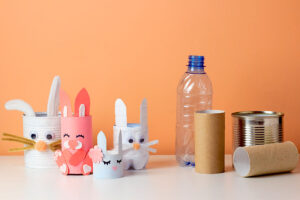Like many other holidays, Easter generates tons of waste—from plastic eggs and buckets to candy wrappers and decorative grass. These items often end up in the rubbish, or worse, in our waterways and storm drains. This year, ensure your Easter get-together is eco-friendly using the following tips.
Make your own Easter basket. Find an old container, decorate it with paper, paint, fabric, markers, stickers and ribbon, then add a handle to create a personalized basket. Use this the next time you’re out looking for eggs.
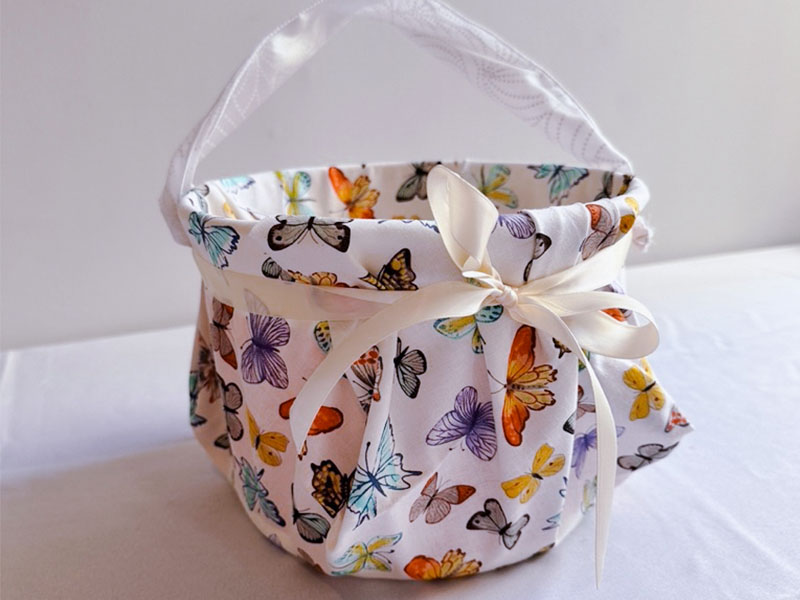

Create your own grass for your Easter basket. Instead of using the plastic grass from the store, make some out of old newspapers and magazines. Plastic grass is often used once and easily blows away in the wind. Since paper breaks down more quickly than plastic, it minimizes the environmental impact. All you need to do is cut some thin paper strips and place them at the bottom of your Easter basket. This is the perfect time to break out your paper shredder to make the paper strips. As a bonus, kids love feeding the paper shredder!
Try your hand at a sustainable Easter craft
For example, make chicks out of egg cartons! First, separate all of the individual egg compartments with scissors.
Then, stick the two openings together using glue or a staple.
Lastly, attach a beak with glue, draw on your eyes and create a feather at the top by poking a small hole and sticking a piece of tissue paper inside.
Place these around your house or in your basket to add festive décor!

Remember where you hide all your eggs and make sure they’ve all been found. This is important whether you’re using plastic or real eggs. Forgotten eggs may get blown away into the street or nearby gutters and drains. Real eggs will rot and attract some hungry critters. When using plastic eggs, make sure to save them to use year after year!
If you’re using real eggs for your hunt, compost or cook with them. There are so many ways to use boiled eggs after a hunt. Who doesn’t love some deviled eggs or an egg salad sandwich? If you don’t like to eat eggs, consider sharing them with someone who does.” In addition to eating the eggs, place the shells in a composting bin to create an amazing fertilizer for your plants. And remember, if you do use real hard boiled eggs, make sure to collect any that weren’t found during the hunt as soon as possible so that they do not spoil.
Remember, after all the fun and food of Easter, please recycle, compost, and throw away your rubbish properly for a Trash Free Hawaii.
Sources: Typically Simple
